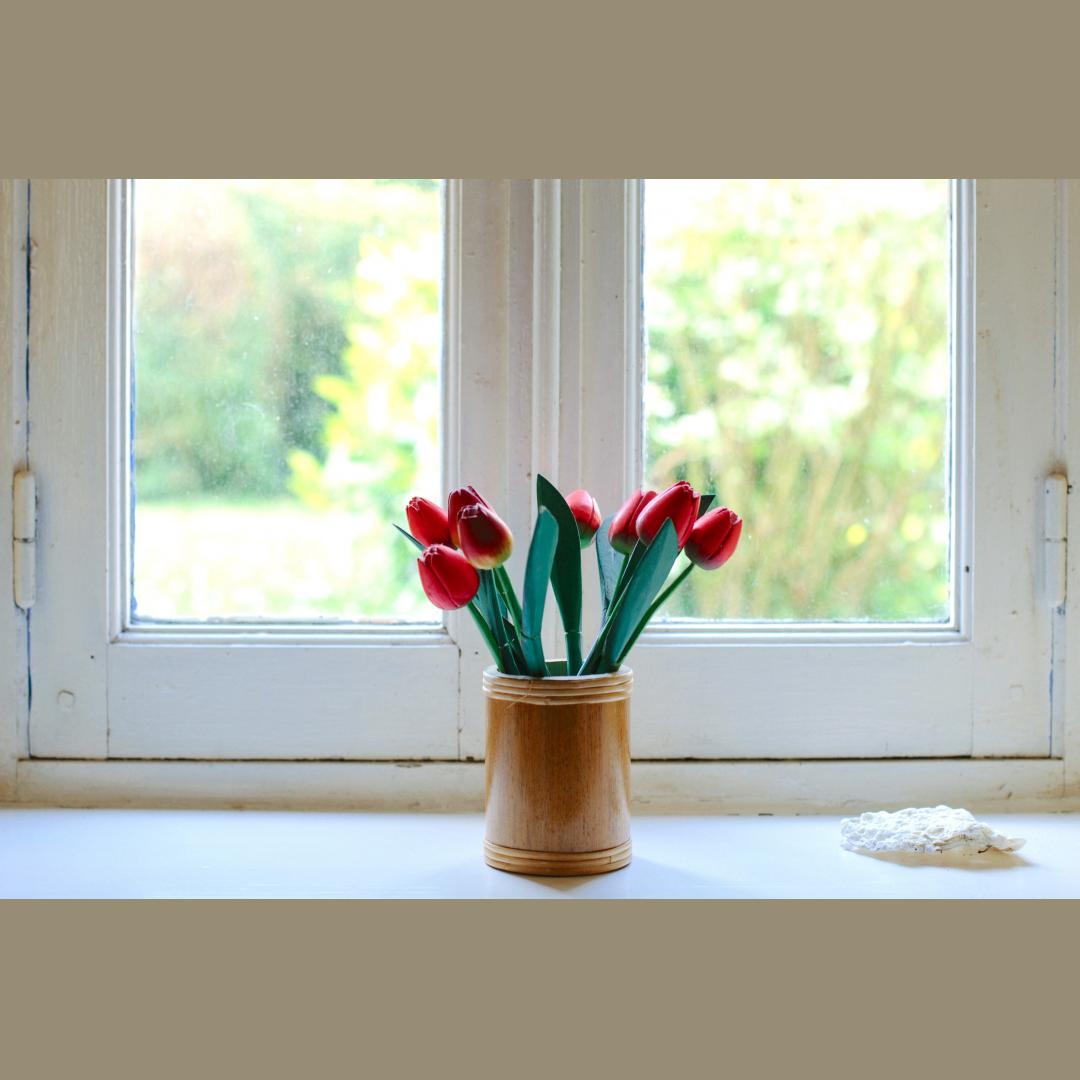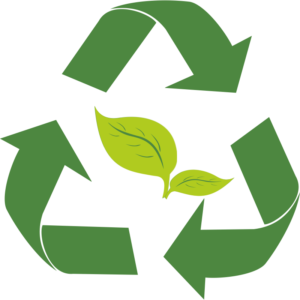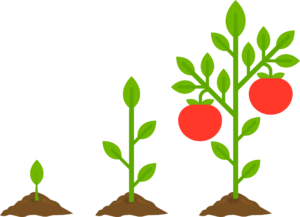Beyond plastic, paper, and glass
Use durable products: Swap disposable razors for reusable ones. Choose reusable taper-ware over plastic wrap or tinfoil. Make use of rechargeable batteries over the conventional single-use kind. This may seem obvious but you would be amazed at how full landfills are with products that are used once and discarded.
Buy recycled products: Be on the lookout for products with the greatest percentage of post-consumer recycled content on labels. These are often paper based products such as foolscaps, cardboard, printing papers and tissues. Choose food items like cereals and crackers packaged in recycled cardboard.
Recycle household goods: Donate used toys and clothes to charities, rather than tossing them in the trash. If garments are no longer wearable, use the material for other projects around the house or as cleaning clothes. Do the same with books, sell them on e-bay or swap and trade them with friends. Before throwing away that cardboard box, turn it into a project with your children. Let your child turn it into a dollhouse, space ship, robot, or secret hiding space for hours or days of earth-friendly fun.
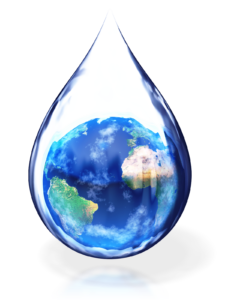
Conserve water
Wait for a full load: Don’t turn on the washing machine or dishwasher until it’s full. Each washing cycle uses more than 90 Litres of water; make sure that every drop counts.
Fill the sink to do dishes: If you don’t have a dishwasher, you’ll still use a fraction of the water that’s used by leaving the faucet running. Same on the rinsing. If you don’t have a double sink, try to use a tub of clean water for rinsing.
Stop using the toilet as an ashtray or wastebasket.
Every cigarette butt or tissue you flush away also flushes away 19 to 26 litres of water.
Turn off the water while brushing your teeth
Before brushing, wet your brush and fill a glass for rinsing your mouth.
Fix and plug Leaks immediately.
Leaks waste water 24 hours a day, seven days a week. An inexpensive washer is usually enough to stop them.
Grow a green garden
Plant an edible garden: A garden doesn’t have to be a huge space or field. You can grow your own salad greens, vegetables, and herbs in pots. A small garden can help reduce air pollution while also being a fun and relaxing hobby. Instead of toxic pesticides or chemical fertilisers make use of organic and earth-friendly garden products.
Compost kitchen scraps: Eggshells, tea leaves, coffee grounds, fruit and vegetable peelings and pretty much all organic matter can find a home in a compost pile or bin. Mix it with yard trimmings and water and voila – you have a nutritious soil enhancer, and you’re reducing landfill waste.
Water wisely: Use rainwater collected in buckets to water your plants. Water your garden in the early morning or evening when it’s cooler – water evaporates more slowly when it’s cool.
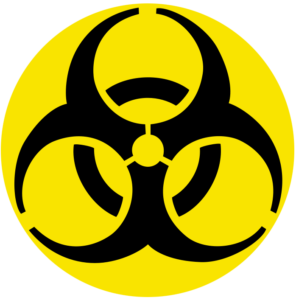
Household hazardous waste
Inside nearly every household’s garage, basement or kitchen sink cupboard lurk harmful substances like old paint cans, used motor oil, garden pesticides and weed killers, used batteries, old computers or electronics, harsh cleaning chemicals, or pest killers. If you dump this noxious stuff down the drain, you’ll pollute the water supply. And if you dispose of it in landfills, they’ll leak dangerous chemicals. Instead, do some research to find the best way to dispose of your household toxic waste. In Malta, domestic hazardous waste has to be taken to civic amenity sites. You can find a link to an article by Wasteserve regarding hazardous waste in Malta here
We encourage you to act on as many of these tips as you can. Even the smallest change to our daily habits can greatly influence our environment. Share this article to encourage your friends to do the same.

